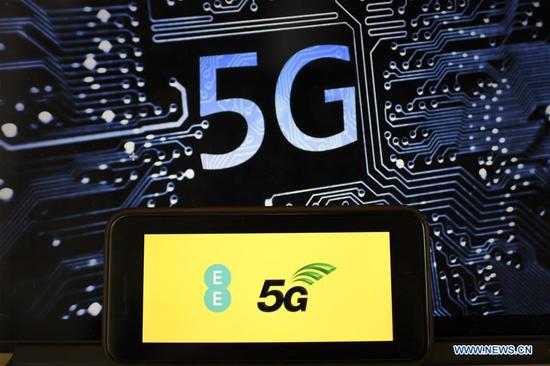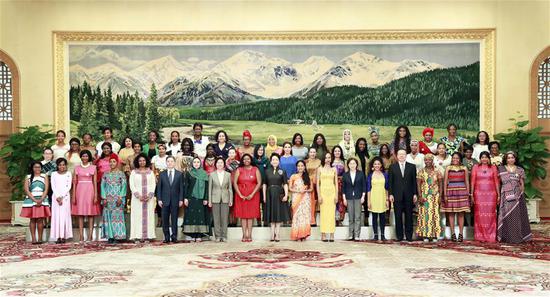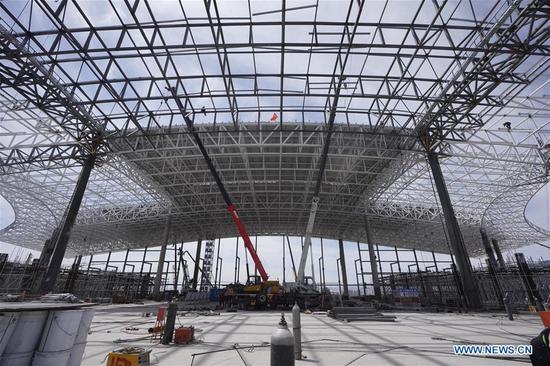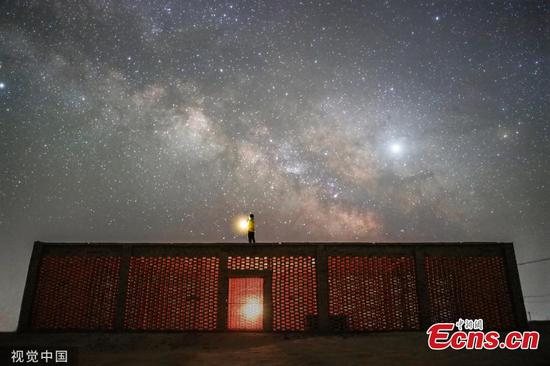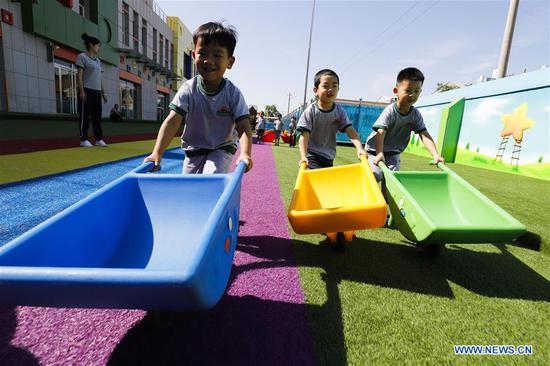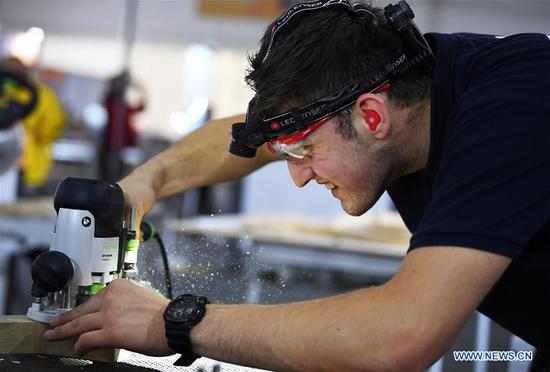Uncertainty over the deployment of Huawei equipment is starting to cause headaches for rural communications providers in the United States.
First, the Federal Communication Commission, an independent agency of the US government that regulates interstate communications by radio, television, wire, satellite, and cable, announced it was contemplating cuts in funding to companies that use Huawei equipment to provide phone and internet service to rural areas.
Later, US President Donald Trump issued an order that bars US telecommunications networks from acquiring or using equipment from foreign suppliers.
Next the Department of Commerce opened a 90-day window to allow companies relying on Huawei equipment for crucial services to continue operations for the time being.
The moves worry rural broadband companies that use Huawei equipment that they will be forced to replace with other brands, which would be costly.
According to a report by Fierce Wireless, a wireless industry monitor, trade association Rural Wireless Association has estimated that Huawei equipment is used by 25 percent of US rural wireless carriers.
It is estimated that it would cost small providers $800 million to $1 billion to replace all of its Huawei equipment, and could mean bankruptcy for many of the smaller operators.
Big providers like AT&T, T-Mobile and Verizon don't focus on providing wireless service to sparsely populated regions of only a few hundred or thousand, as the money is to be made in denser urban areas.
So rural US depends on smaller companies to keep them connected.
Jim Kail, president and CEO of one such company, LHTC Broadband, calls it unfortunate that his company is caught in the trade war between China and US.
LHTC Broadband, which employs more than 50 people and is headquartered in Stahlstown, provides local phone, long distance, internet and cable television services to customers across 500 square kilometers of rural Pennsylvania.
In 2014, LHTC decided to use Huawei equipment to provide services to its 2,000 customers.
"Huawei is competitively priced and turned out to be of good quality," said Kail. "The other products are good quality, but more of a price issue."
He is not convinced that Huawei equipment poses a threat to national security. He said he has yet to see proof that there is some sort of spying mechanism embedded in the equipment.
"If you have a true potential national security threat, how could you sign an offer, a bargain that allows you to continue? If it's a national security threat, you can't let somebody jeopardize your network, you can't compromise the issue," he said.
For him, the pressure is building. "To the end users, this is a transparent solution," he said. "They don't know what brand is on the equipment. The customer doesn't care which vendor you are using."
Kail said that with all the uncertainty, the company is being forced to abandon considering Huawei as the solution for new projects.
"We are caught in the middle of it. We just have to see how it will play out," he said.












